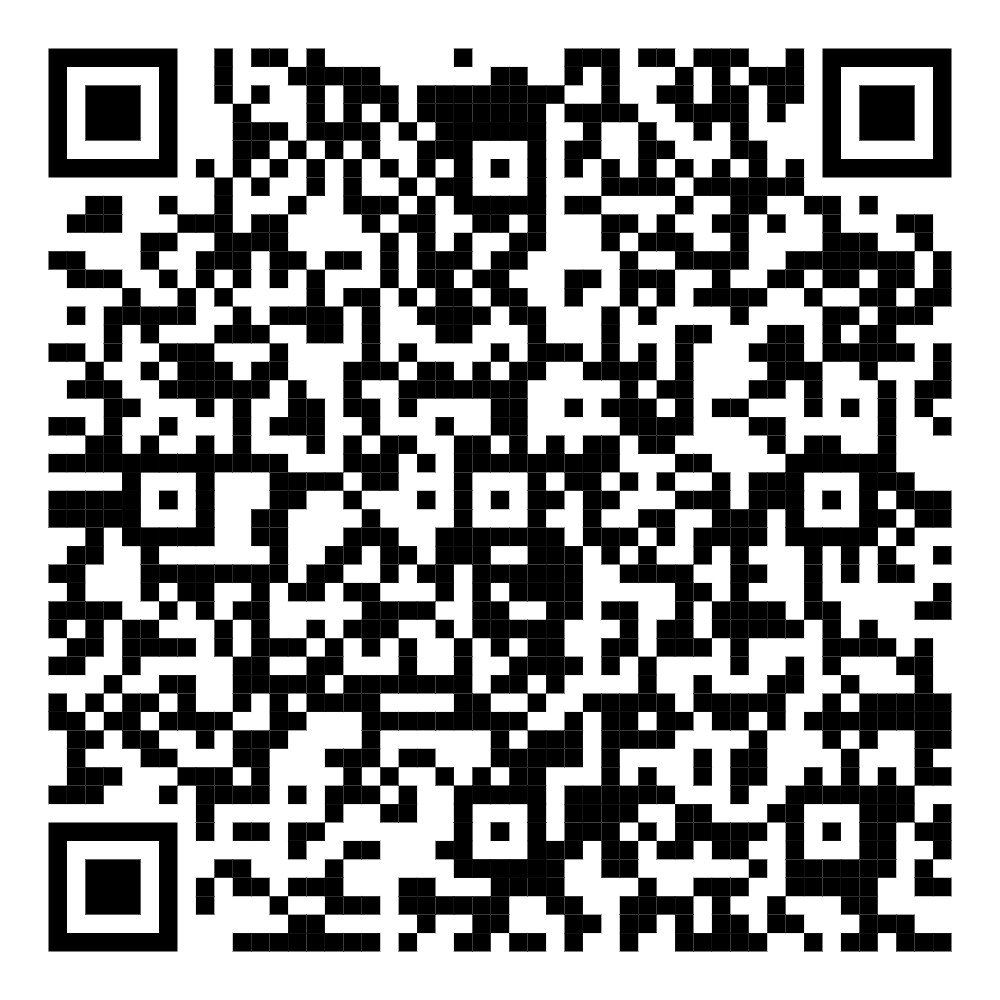The South African Motor Body Repairer’s Association (Sambra) is renewing its call for a transparent Vehicle Salvage Database (VSD) to help protect consumers from unsafe pre-owned vehicles. This push comes after the South African Insurance Association (SAIA) announced it would not disclose crucial salvage information, expressing concerns that such transparency could impact dealers who buy and repair damaged cars.
On September 1, 2023, SAIA introduced a VIN-Lookup website, allowing prospective buyers to see if a vehicle has been previously written off. However, this tool only includes vehicles classified as Code 3 (rebuilt), 3A (for parts only), and Code 4 (permanently demolished) by SAIA's member insurers, leaving out many others. SAIA initially committed to including Code 2 vehicles but later reversed this decision, stating it could affect dealers' interests.
Consumer Risks from Limited Data
Sambra contends that withholding Code 2 vehicle information is a misstep. Sambra Chairman Dev Moodley believes solutions should prioritize transparency at the source, allowing consumers access to a full vehicle history. Moodley suggests incorporating vehicle code information into the electronic National Traffic Information System (eNatis), making vehicle records available, not just those insured.
While the VIN-Lookup tool is a helpful start, its limited data restricts its effectiveness. Vehicles classified as Code 2 in eNatis may have histories of serious accidents or be considered unfeasible to repair. Many of these vehicles reappear on the market, posing risks to unsuspecting buyers.
Adopting Global Standards for Consumer Protection
Moodley urges South Africa to seek international best practices to enhance consumer protection. National Automobile Dealers’ Association (NADA) Chairperson Brandon Cohen supports establishing vehicle salvage codes through legislation, citing the UK model, where vehicles are classified by salvage status to give buyers a clear view of their history.
A transparent salvage coding system would provide timely information to all industry players, including banks, insurers, dealers, and customers. Such measures could prevent the resale or refinancing of poorly repaired, written-off vehicles, offering essential protection for consumers.
Moving Toward a Practical Solution
Building a salvage database is feasible and cost-effective. Cohen notes that South Africa’s current infrastructure could support these changes, with legislation being the only requirement to enforce new coding systems. This database would give consumers vital information about vehicle histories, boosting confidence in the used-car market.
In summary, it is essential for stakeholders to engage in discussions around these proposals. Establishing a Vehicle Salvage Database would greatly improve consumer safety in South Africa’s used-car market.






